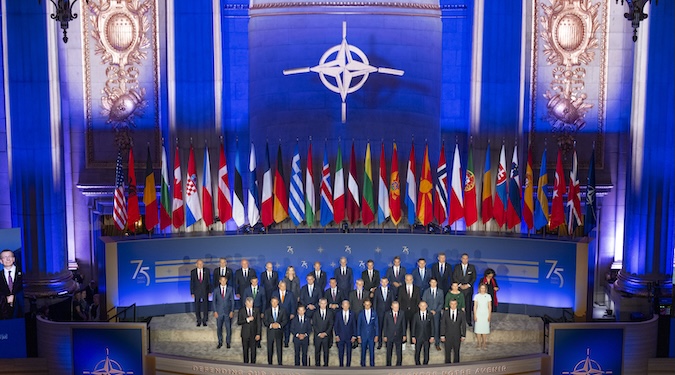Rebecca Myshrall examines how President Donald J. Trump’s first administration marked a significant shift in the US stance toward the North Atlantic Treaty Organization (NATO), with unprecedented criticism focused on the financial contributions of European allies. Myshrall summarizes the historical context of NATO’s formation and evolution of the US perspectives on it. Myshrall then documents… Continue reading Trump and NATO: Will NATO Survive Under a Second Trump Administration?
Category: Foreign Policy
Reversing a Sunset: The Legality of Retroactively Enforcing Limitations Periods Extensions
Hussain Awan delves into the complex legal landscape surrounding recent amendments to the International Emergency Economic Powers Act (IEEPA) and Trading with the Enemy Act (TWEA). These amendments, which doubled the statutes’ limitations periods, have sparked significant debate and concern over the potential retroactive enforcement of US sanctions laws by the US Department of the… Continue reading Reversing a Sunset: The Legality of Retroactively Enforcing Limitations Periods Extensions
One China Reality Check: The Manipulation of Risk and the Myth of Strategic Ambiguity
Benjamin W. Haight explores the intricate dynamics of US-China relations, particularly focusing on the contentious issue of Taiwan. Drawing on historical perspectives from Carl von Clausewitz and Thomas Schelling, Haight delves into the concept of risk as a policy instrument, originally framed in the context of nuclear deterrence but now highly relevant to the modern… Continue reading One China Reality Check: The Manipulation of Risk and the Myth of Strategic Ambiguity



